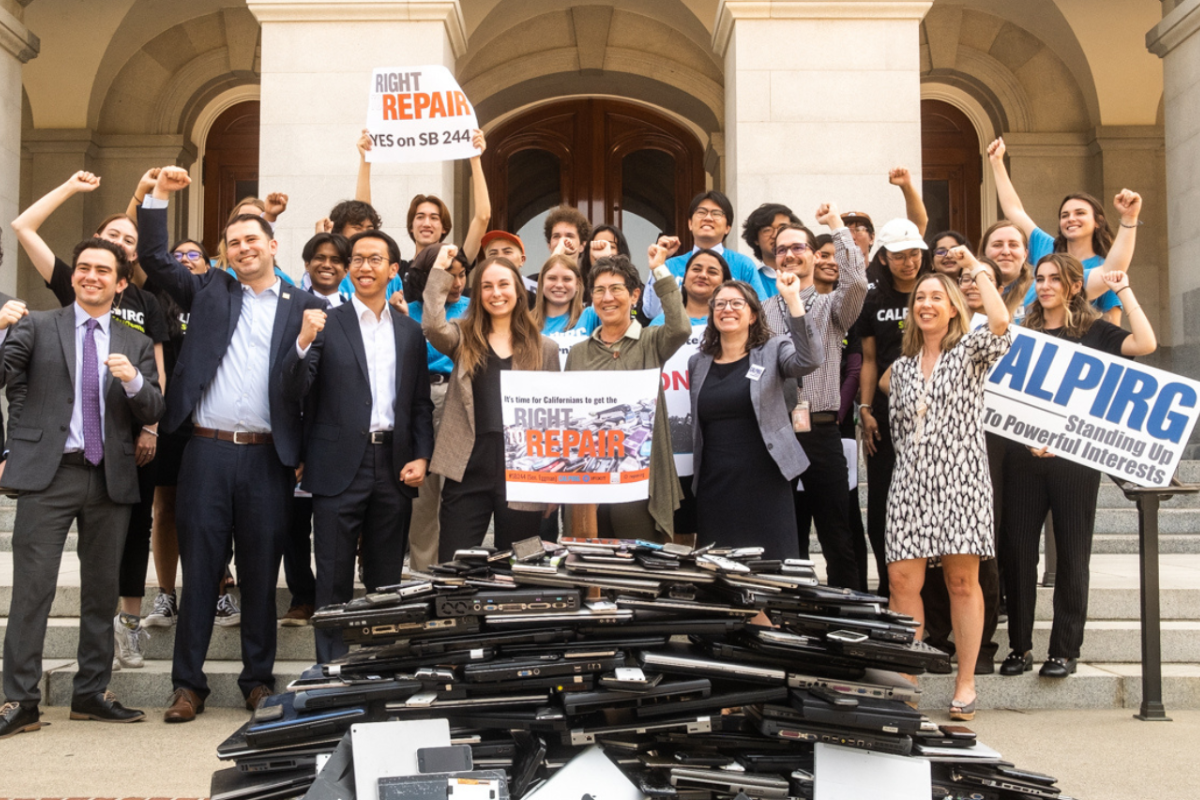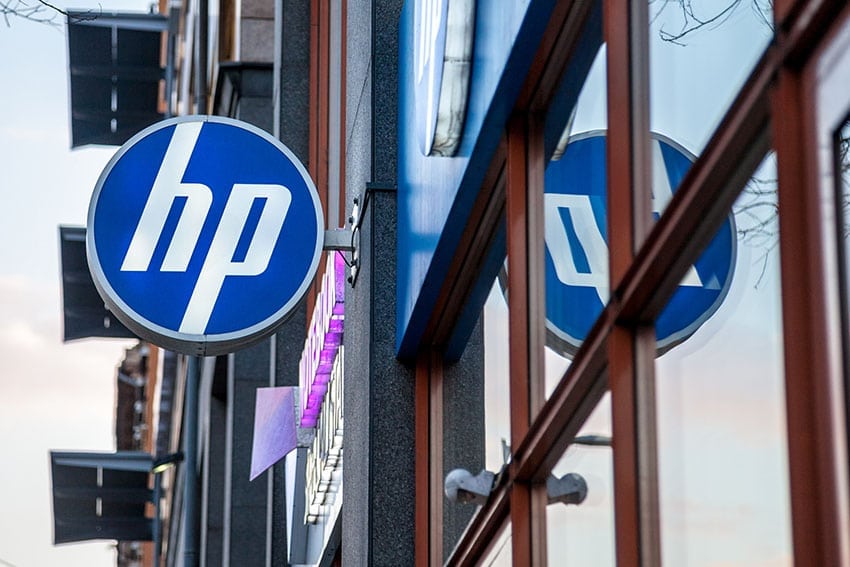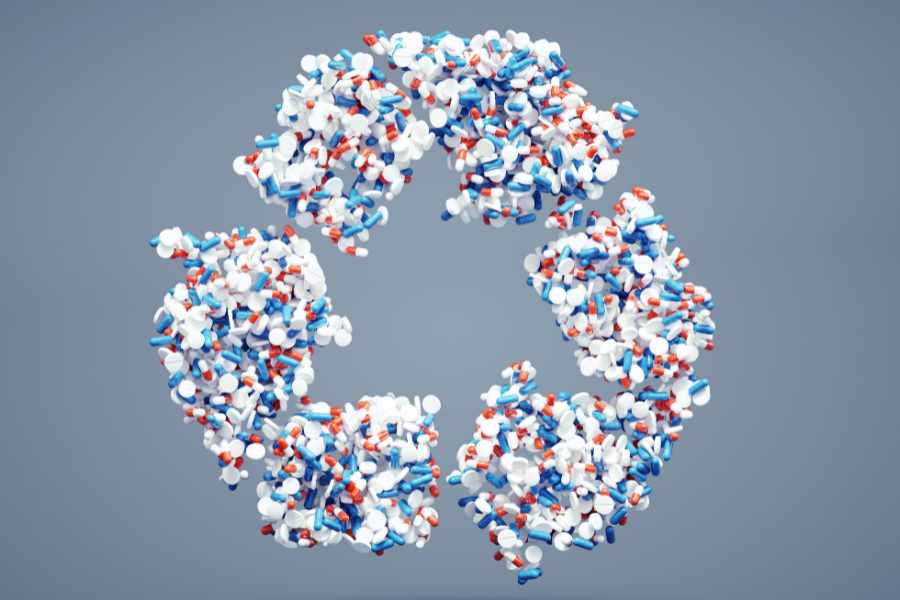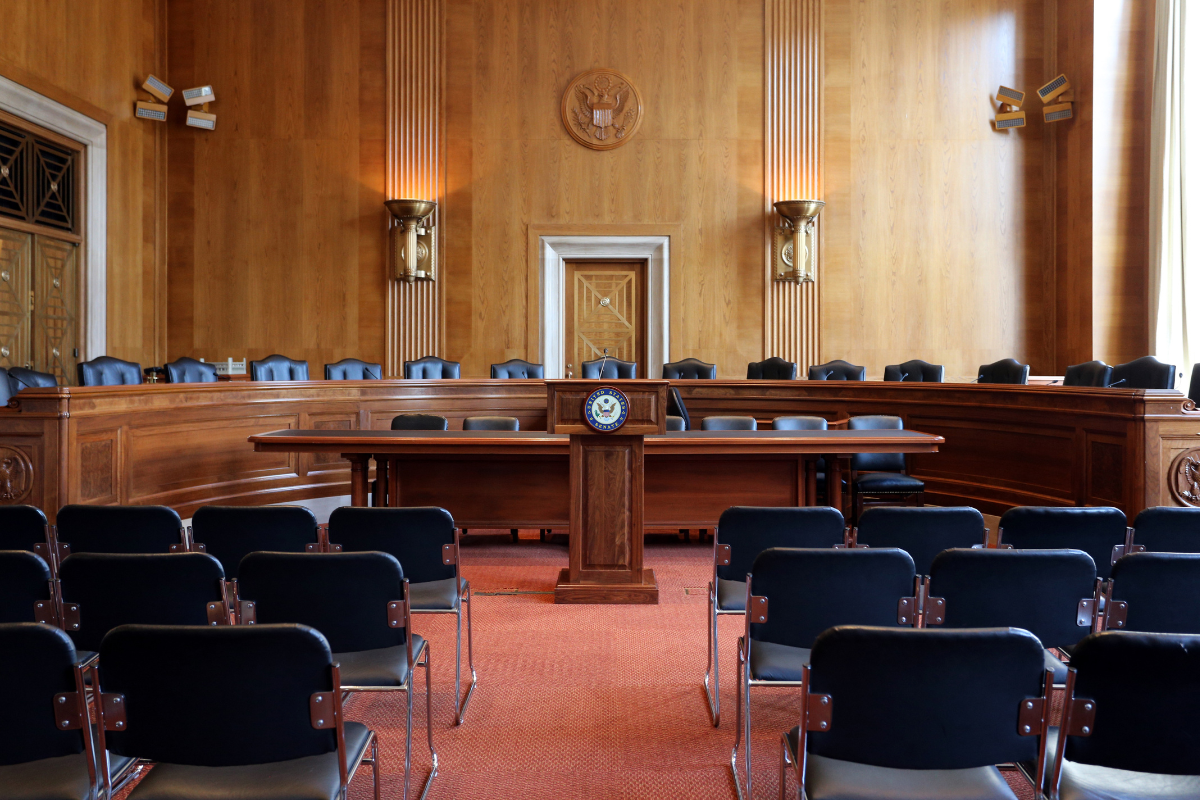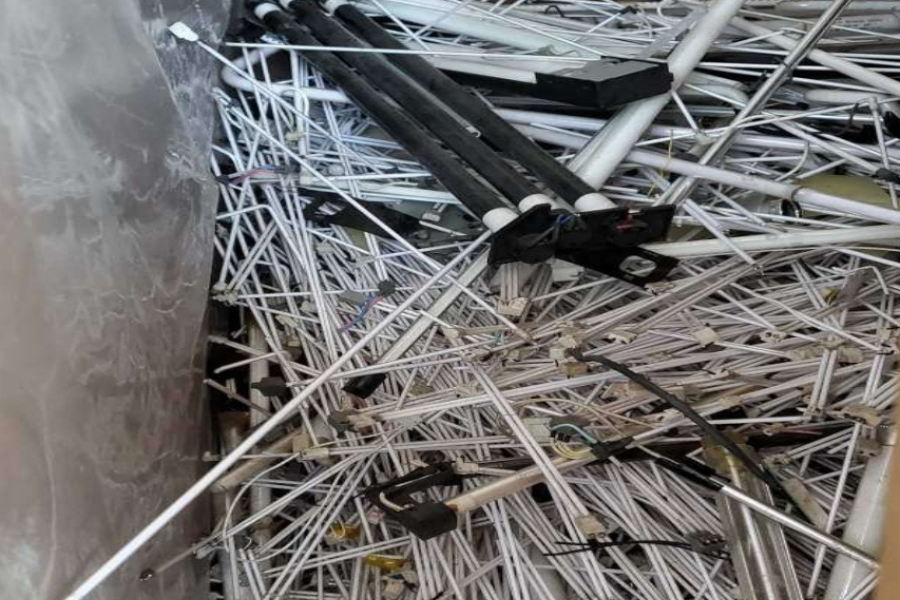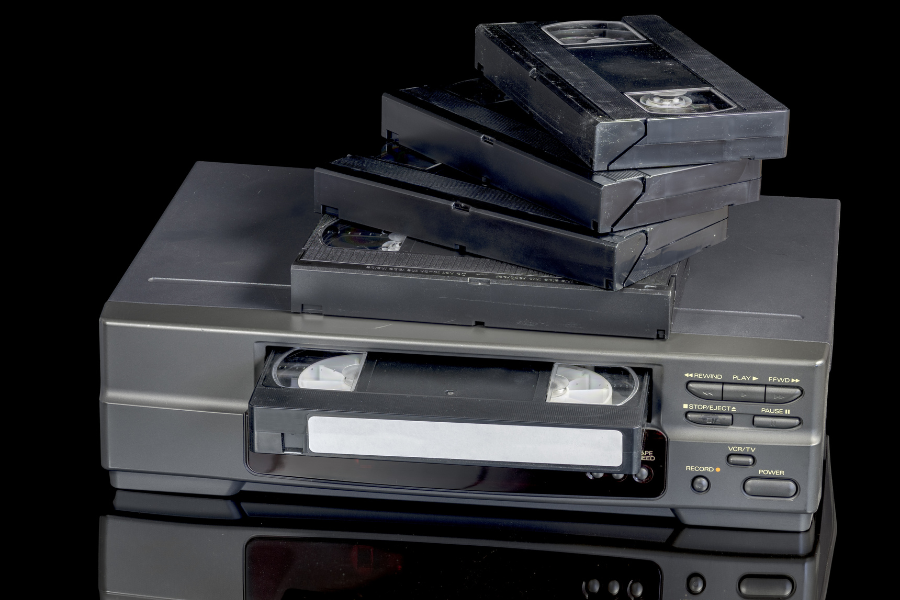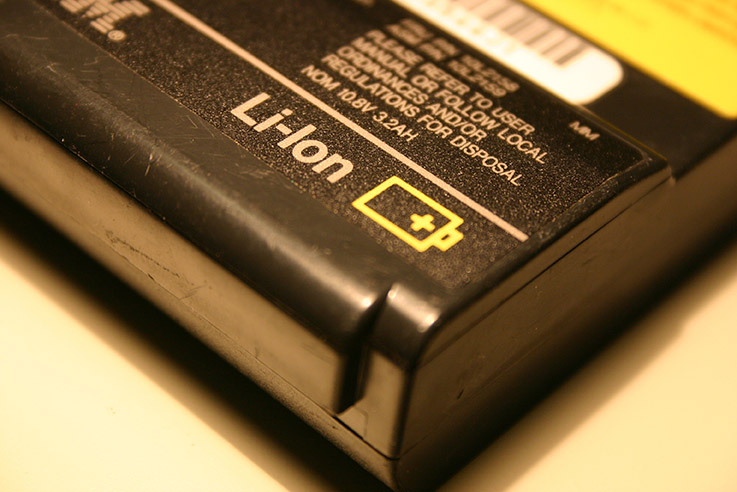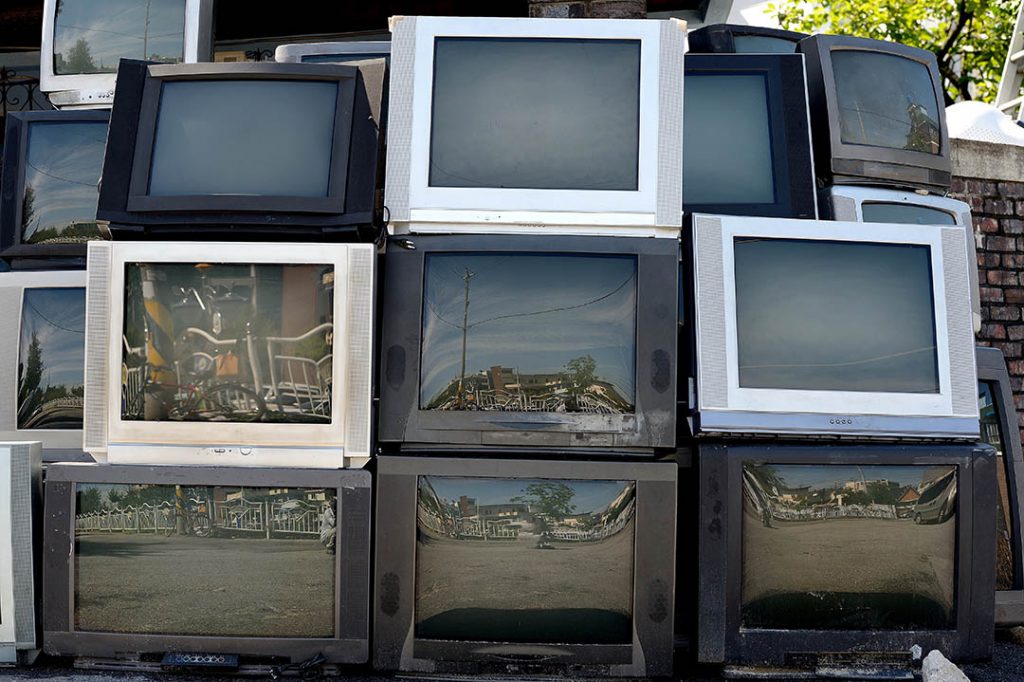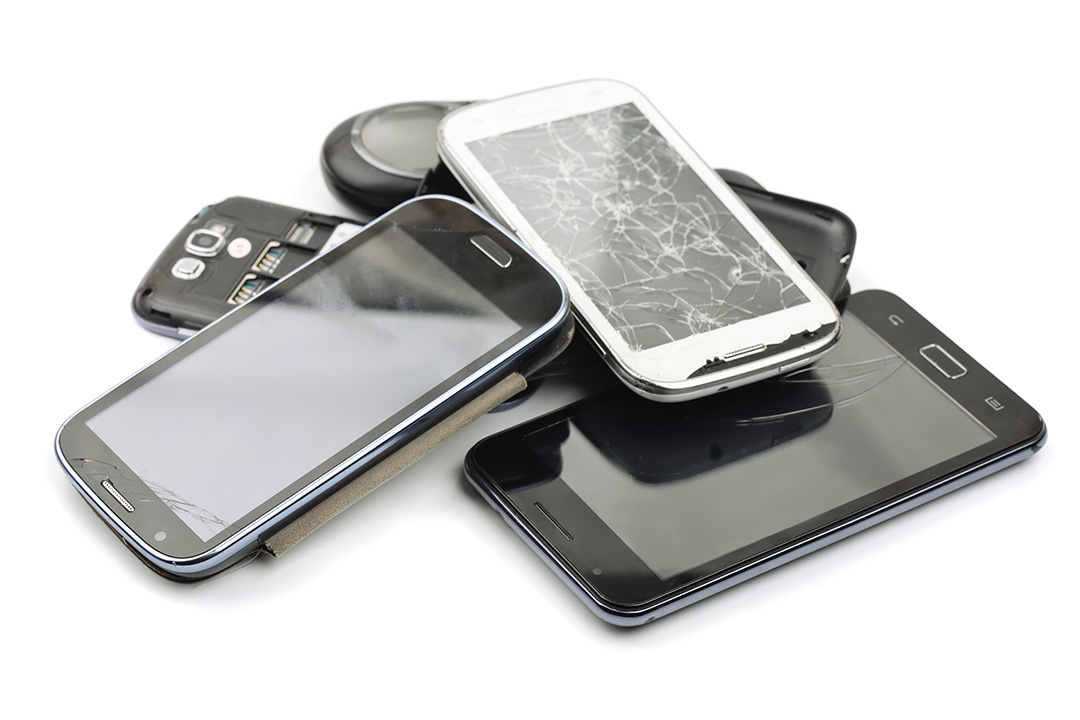
Officials at EPA hope that a clear standard for handling photovoltaic panels will increase the rate at which they are collected and processed. | Heinz Trebuth/Shutterstock
In response to electric power industry requests, the EPA is looking to classify solar panels as universal waste. The agency is also working to create a category of universal waste specifically for lithium-ion batteries. Continue Reading


